Today’s grammar point is ~にたいして/~たいし, which is used either to clarify the target of an action or to show a contrast between 2 things.
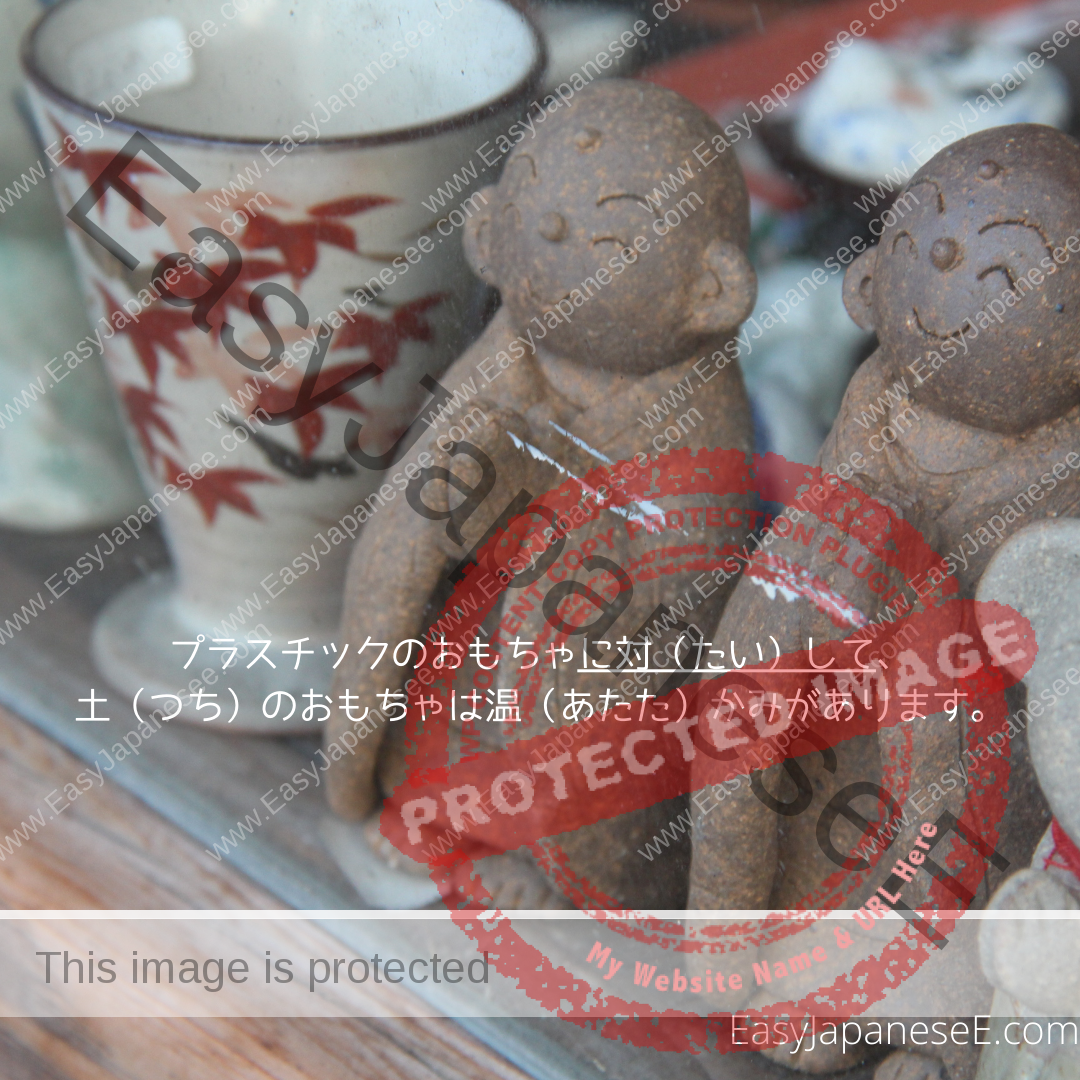

Today’s grammar point is ~にたいして/~たいし, which is used either to clarify the target of an action or to show a contrast between 2 things.
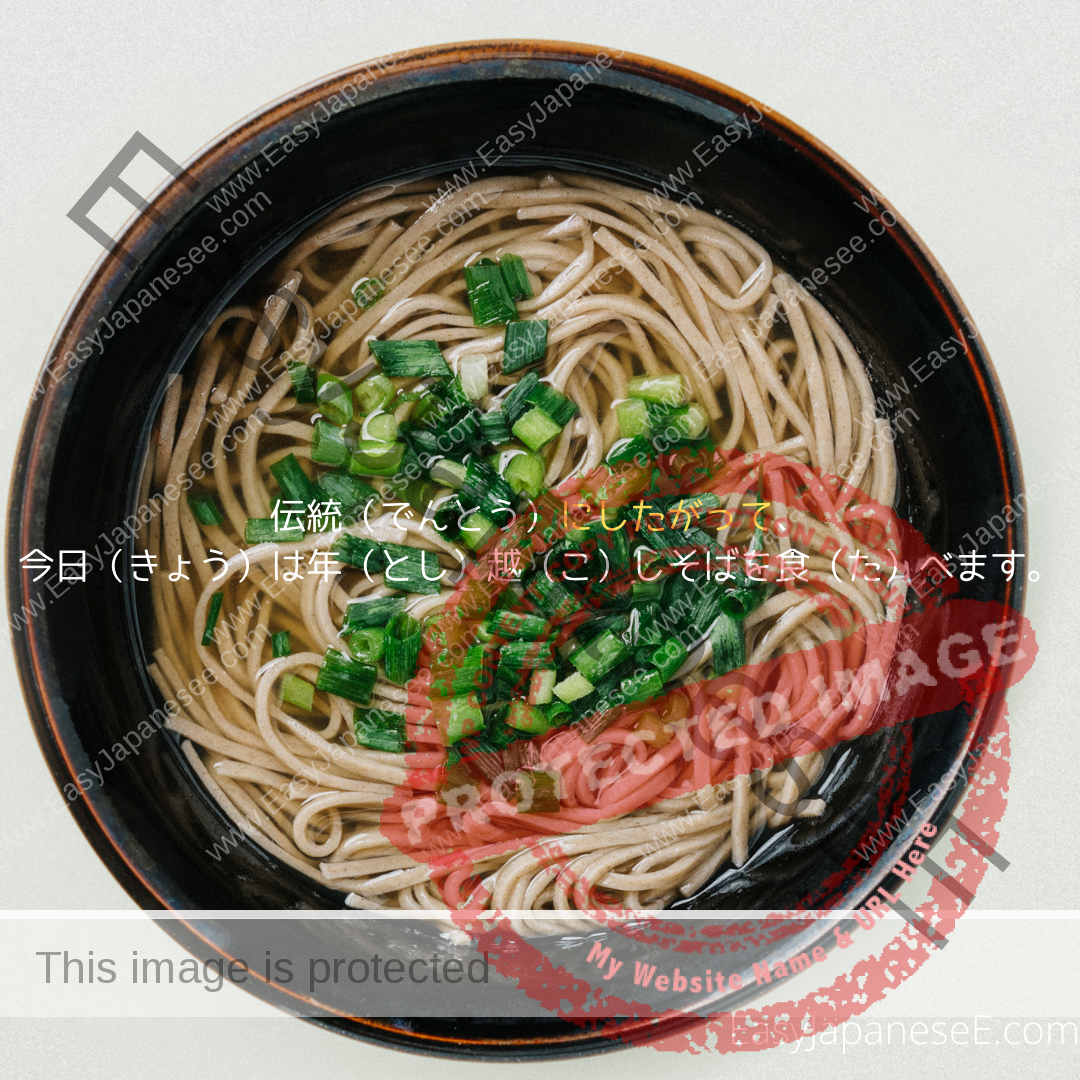
Today’s grammar point is ~にしたがって/~にしたがい. They are both a form of the verb (~に)したがう. ~にしたがって/~にしたがい can mean “in compliance with ~” or “as ~.”
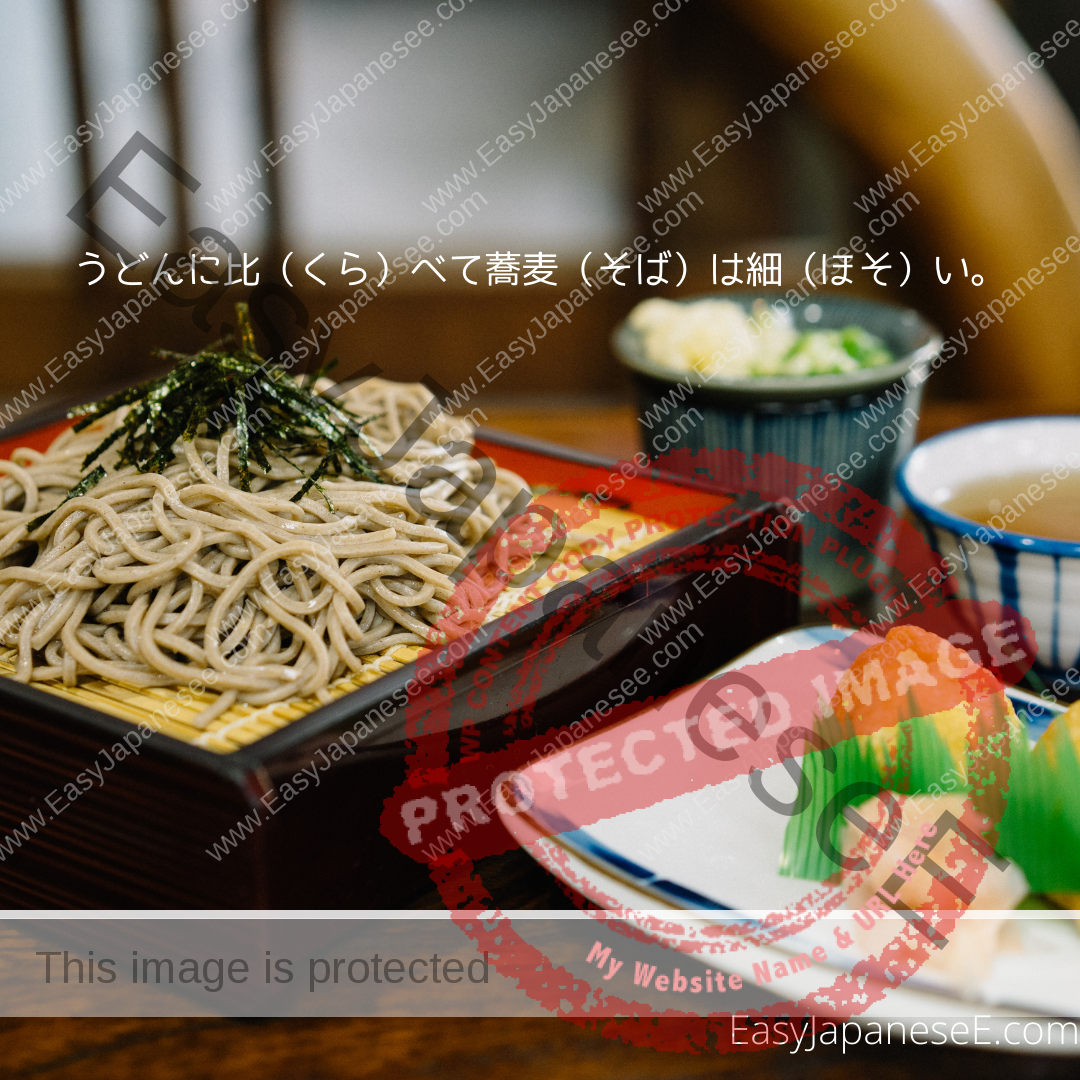
くらべる/比べる means “to compare.” When we use くらべる as part of a sentence like, “compared with/to ~,” we use either ~に/とくらべて or ~に/とくらべると.
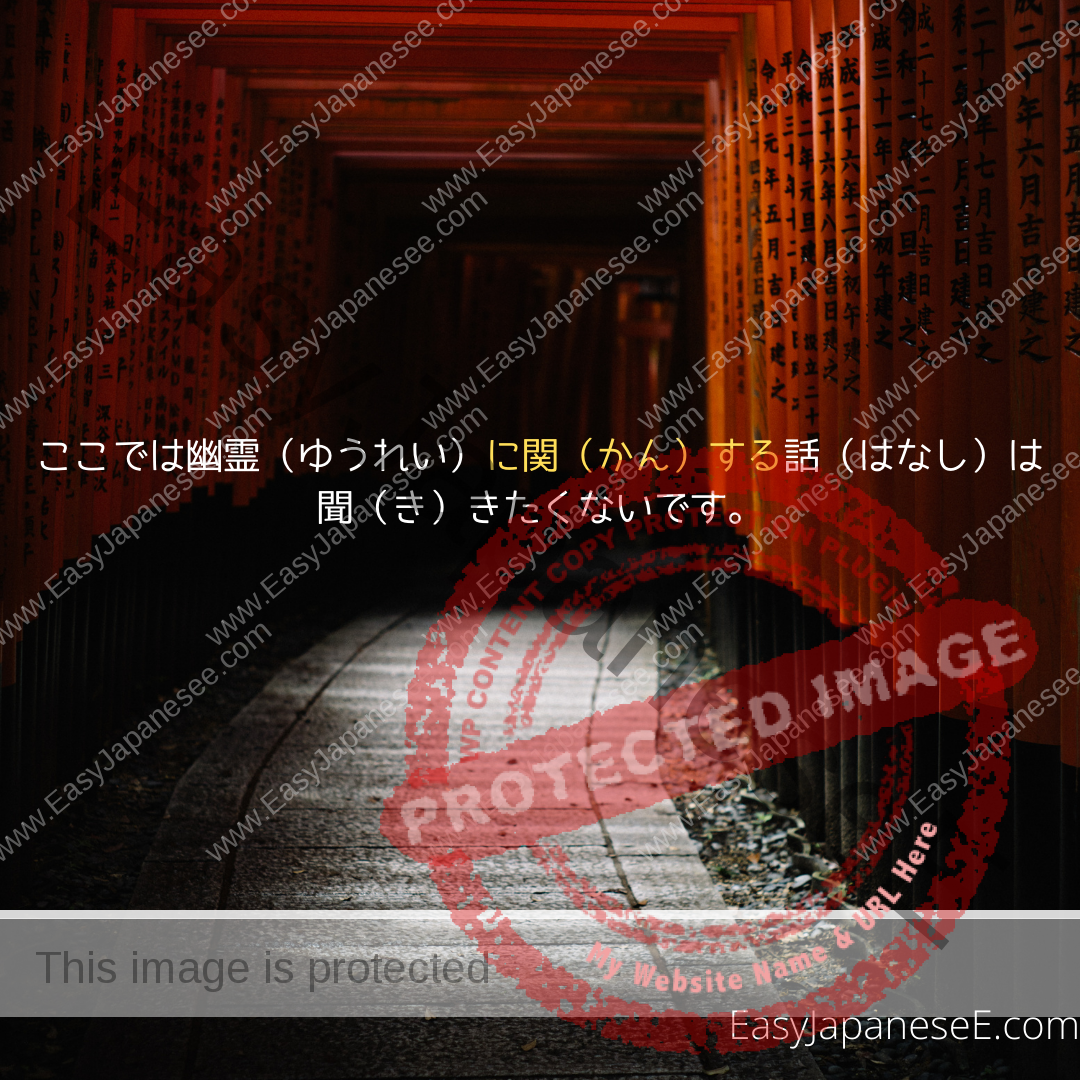
Today’s grammar point is きまっている, Depending on the particle used before きまっている, ~がきまっている, ~にきまっている and ~ときまっている all describe something quite different.

Today’s topic is ~にかんして/にかんしまして/にかんしての/にかんする. They are all a form of the verb 関する, which is an intransitive verb meaning “to be connected,” etc.

~に代わって/~に代わり means “in place of ~,” “in lieu of ~,” or “on behalf of ~.” ~に代わって sounds slightly more casual than ~に代わり but they are interchangeable.
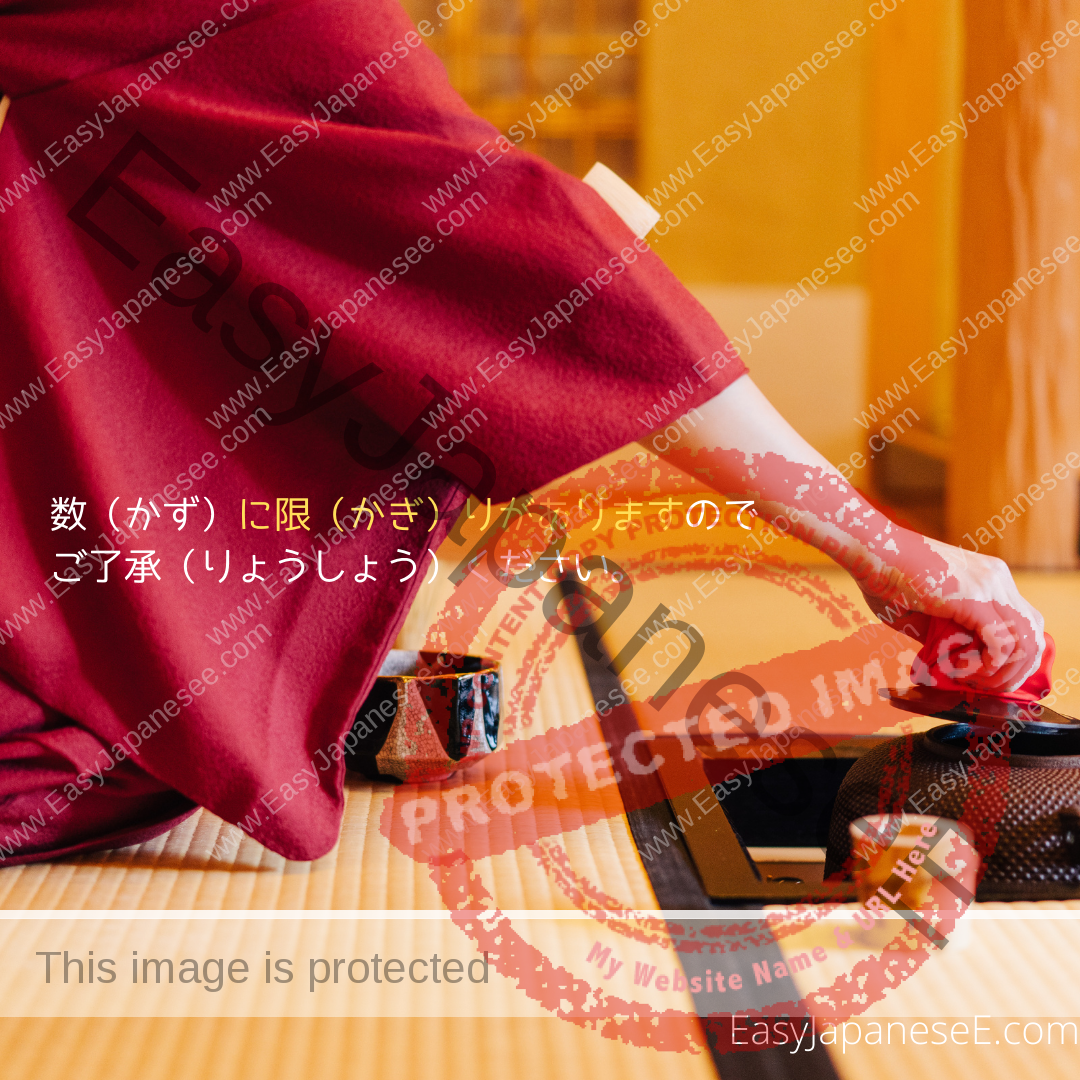
かぎり in かぎりがある/ない means “limits” or “bounds.” so ~にかぎりがある means “there is a limit to ~.” ~にかぎりがない means “There is no limit to ~.”
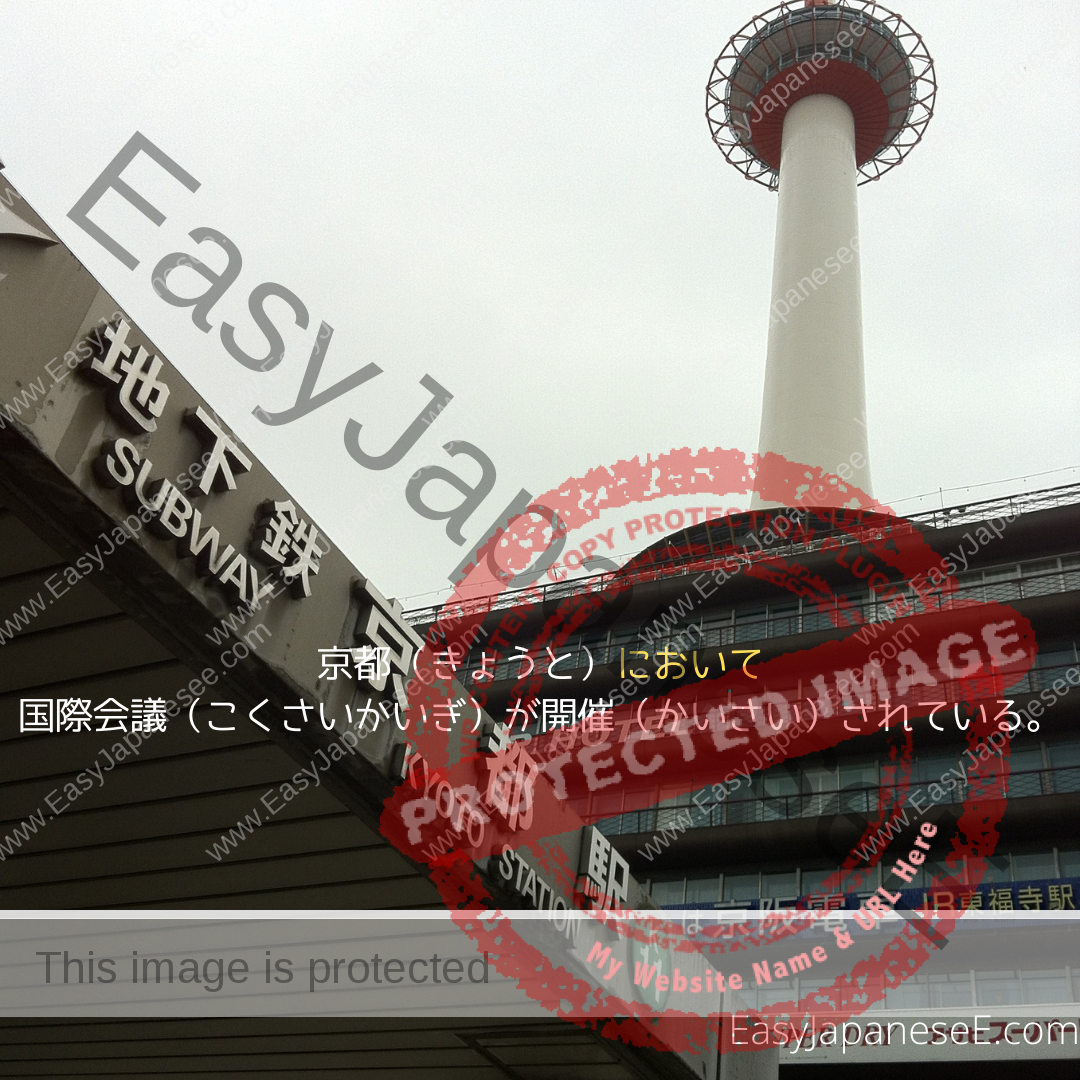
Today’s grammar point is ~において/~における. They mean almost the same but while ~において makes an adverbial phrase, ~における is an adjectival phrase.
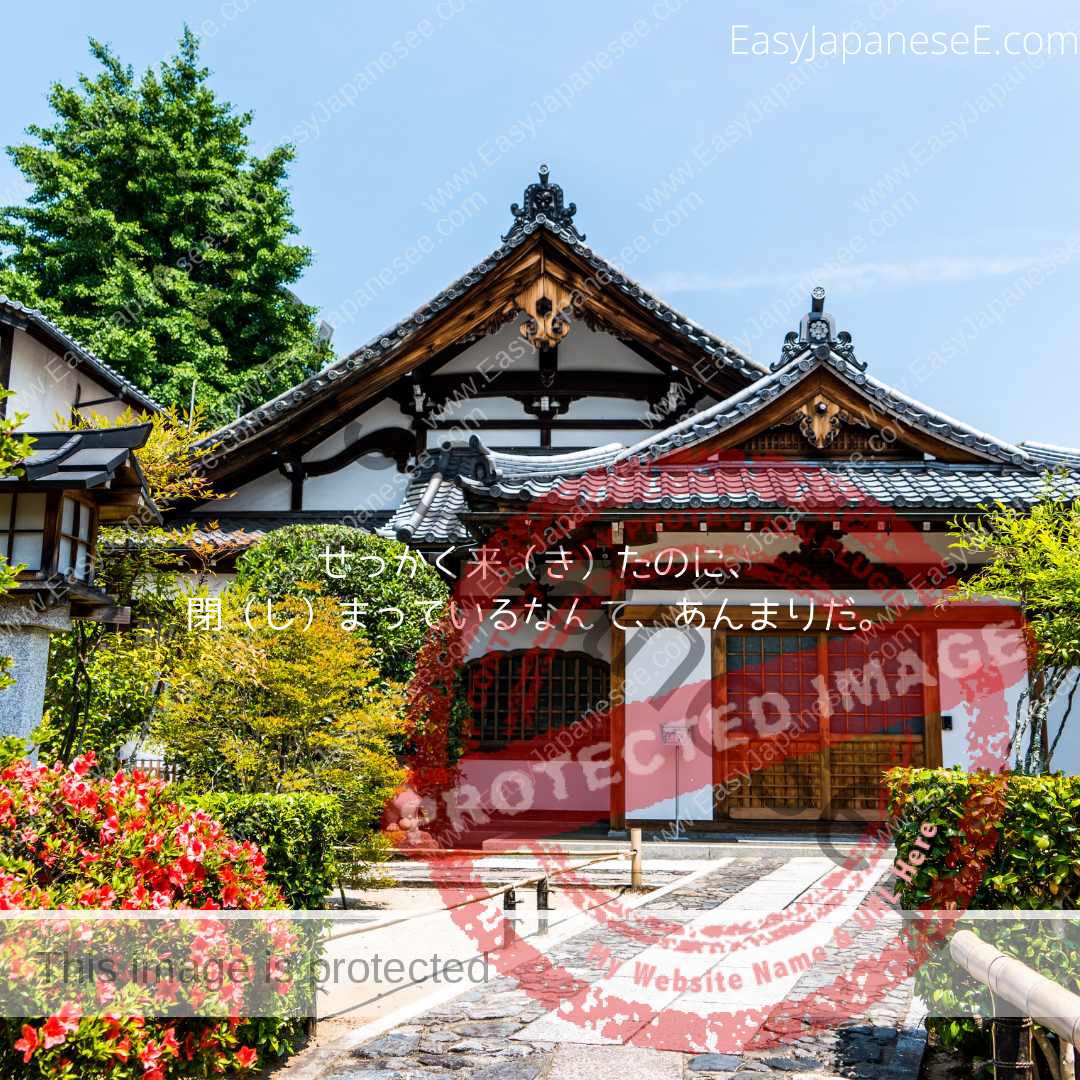
If あんまり is used without a negative ending, it is a なadjective meaning “awful” or “unreasonable.” It usually follows phrases like “~なんて,” “~とは,””~って” or “~は.”
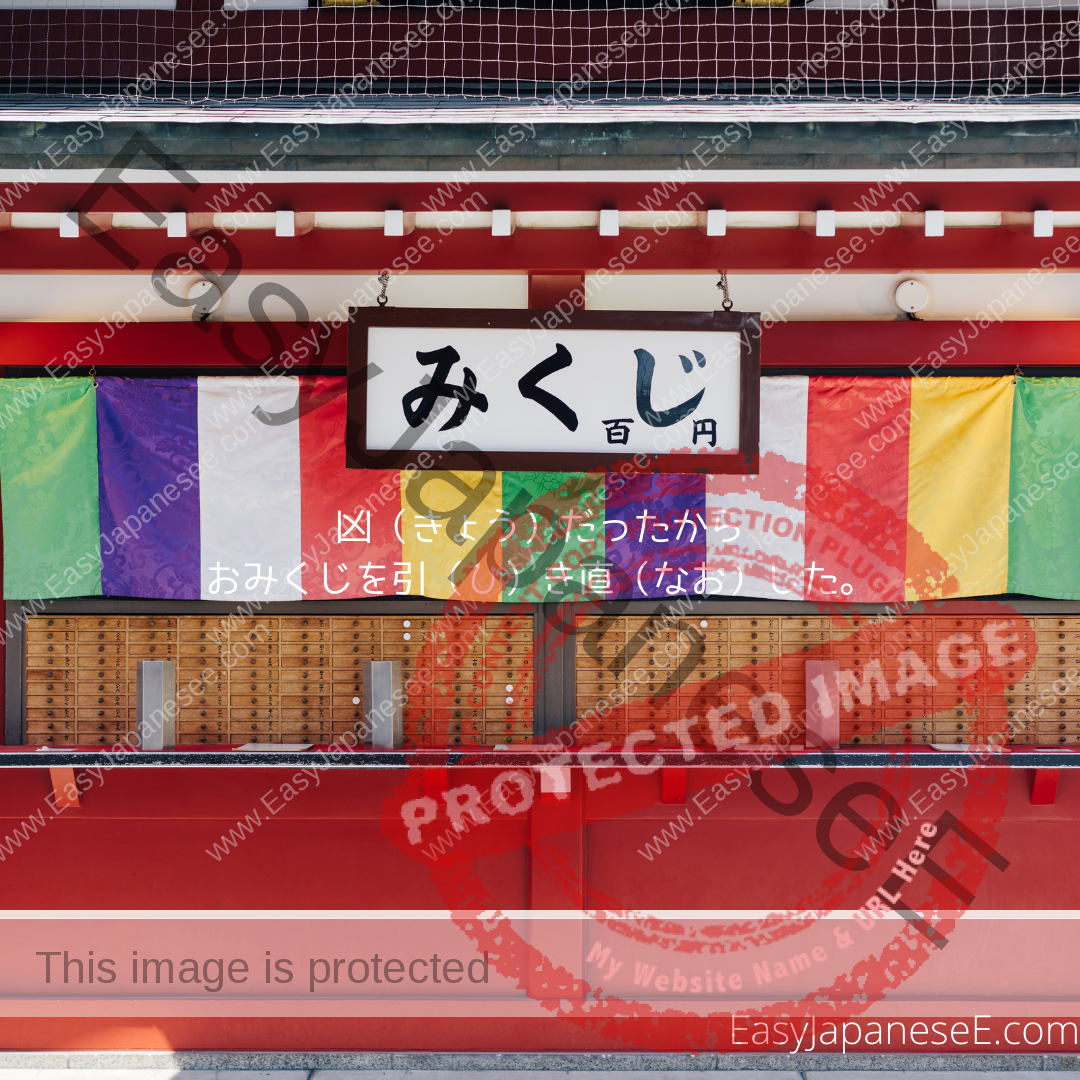
直す itself is a transitive verb meaning “to mend,” “to correct,” etc. but it can be used after the stem of a verb and ~なおす means “to do ~ again” or “to re do ~.”
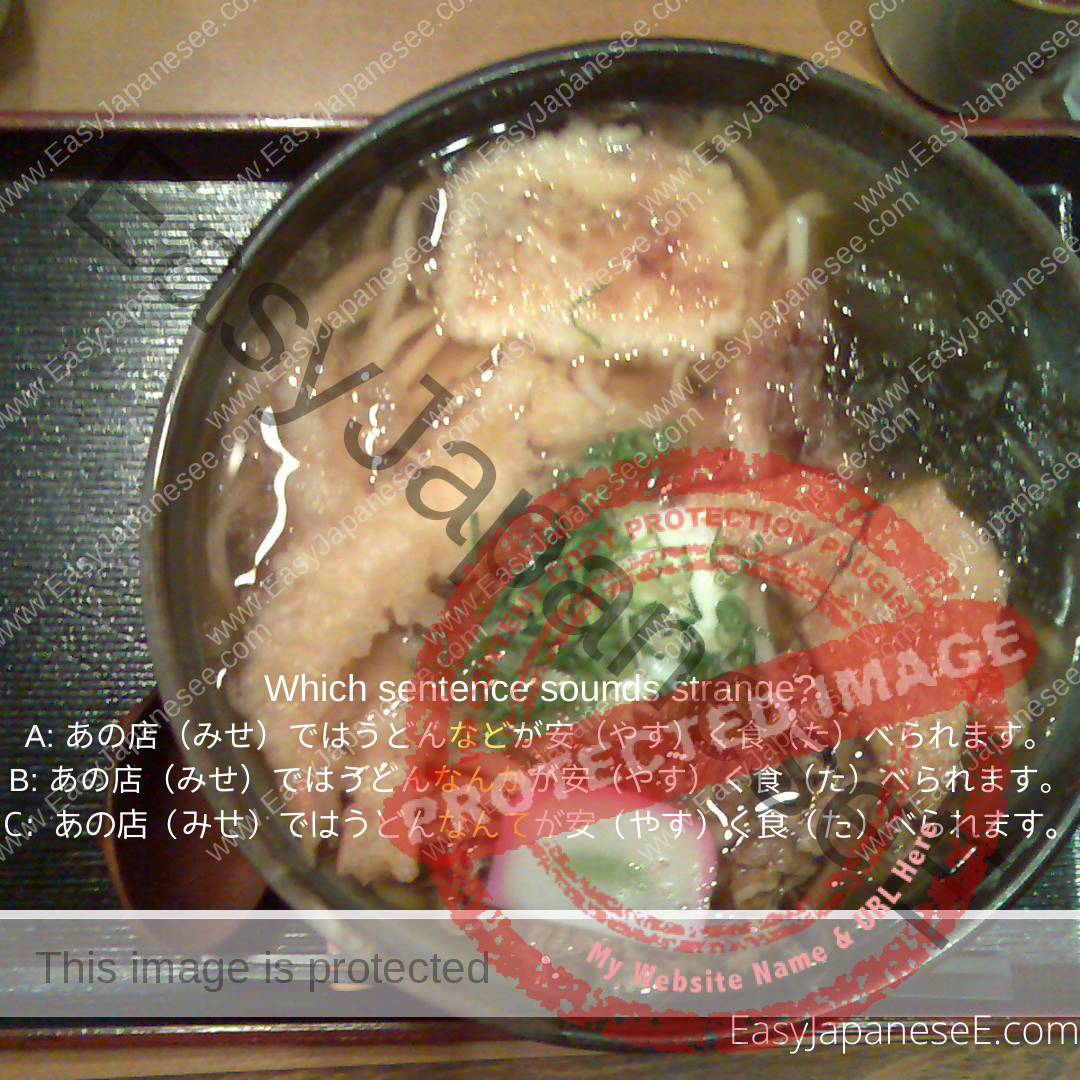
~など、~なんか、~なんて all mean something like “such as ~,” “something like ~,” etc. This is my attempt to explain the differences among these three.
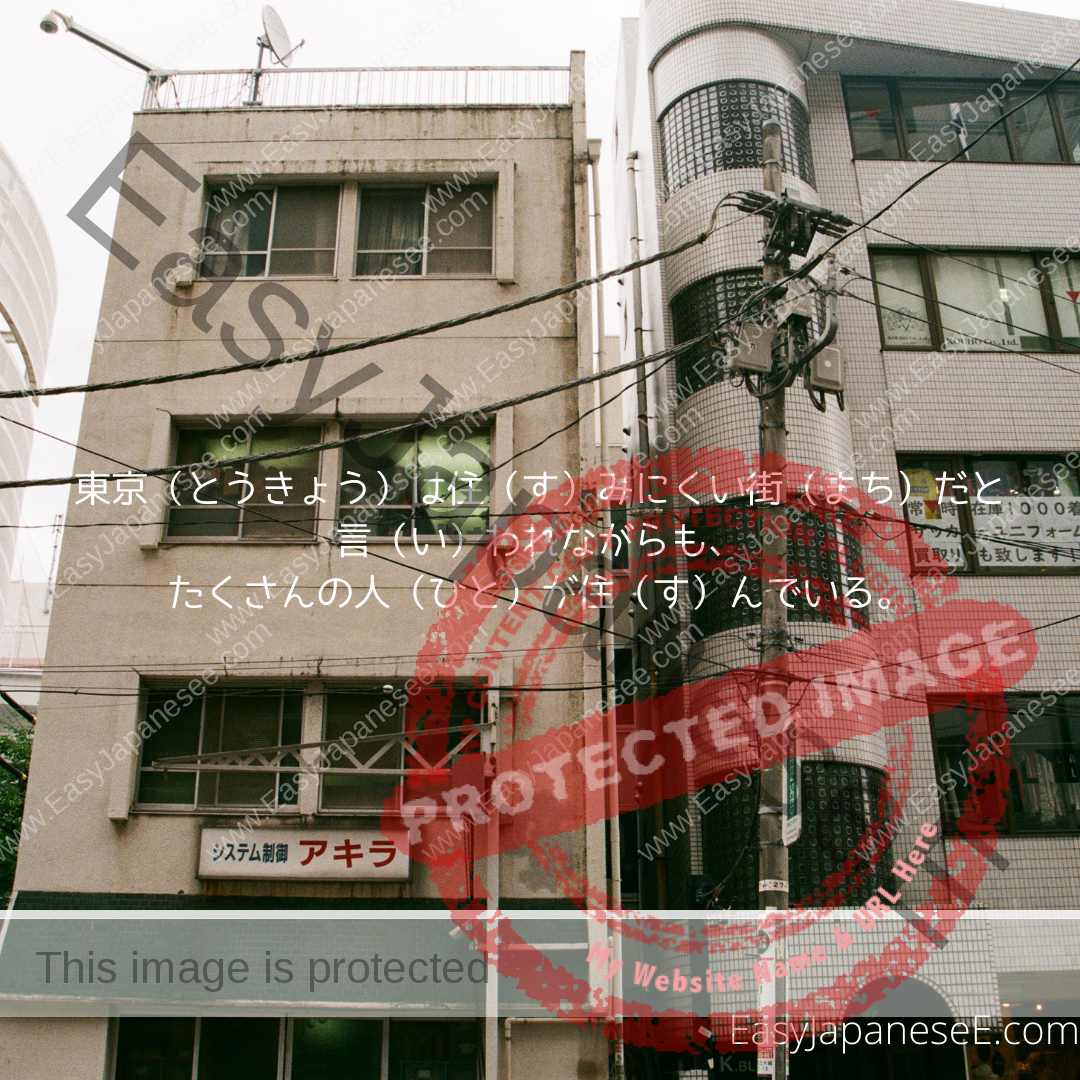
Today’s ~ながら means “in spite of ~,” “although ~,” etc. The “~” part is usually a verb or phrase that describes a condition, rather than a momentary action.
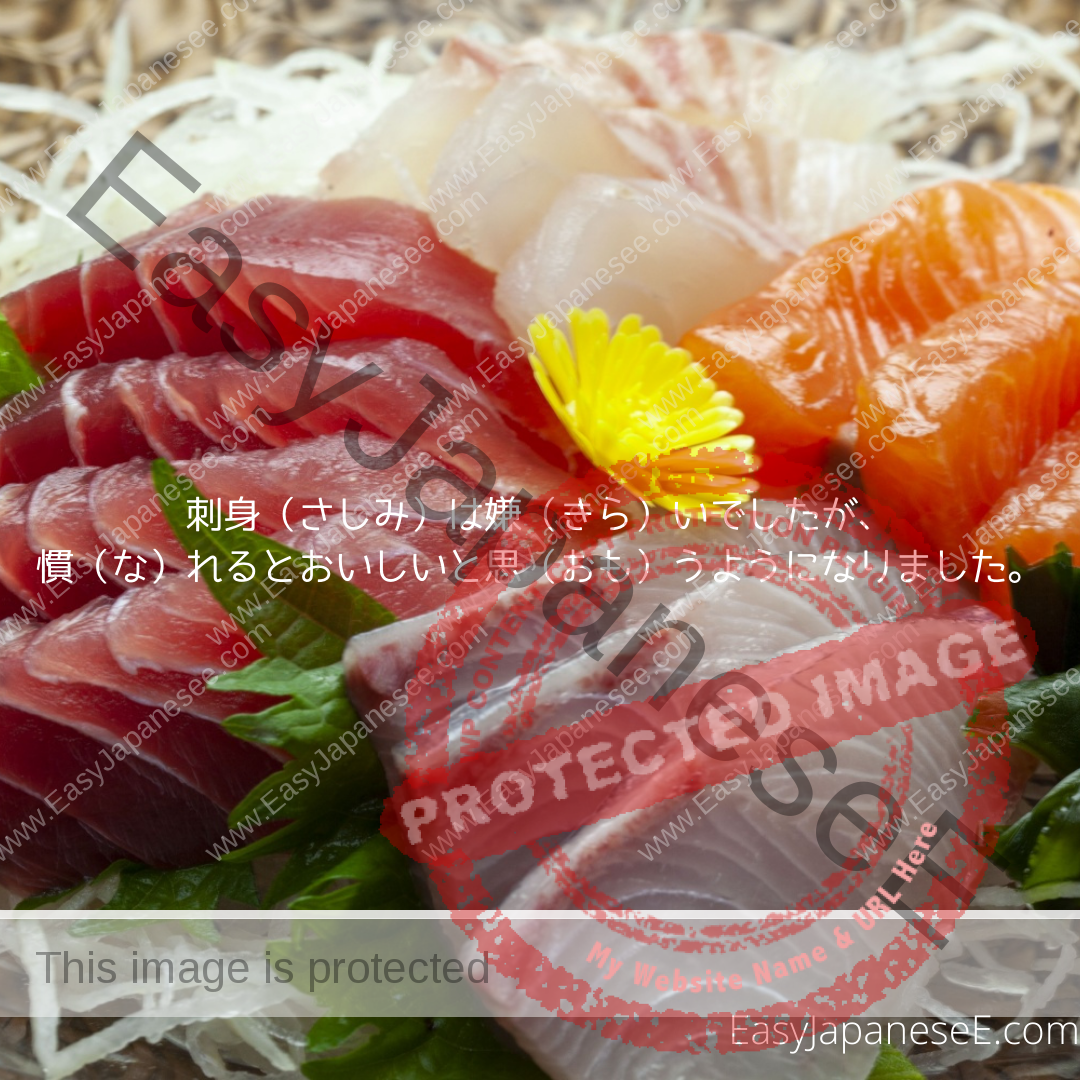
なれる(慣れる) is an intransitive verb that means “to get used to ~” or “(for something) to get familiarised with ~.” We usually use it in the form of …が ~に なれる.
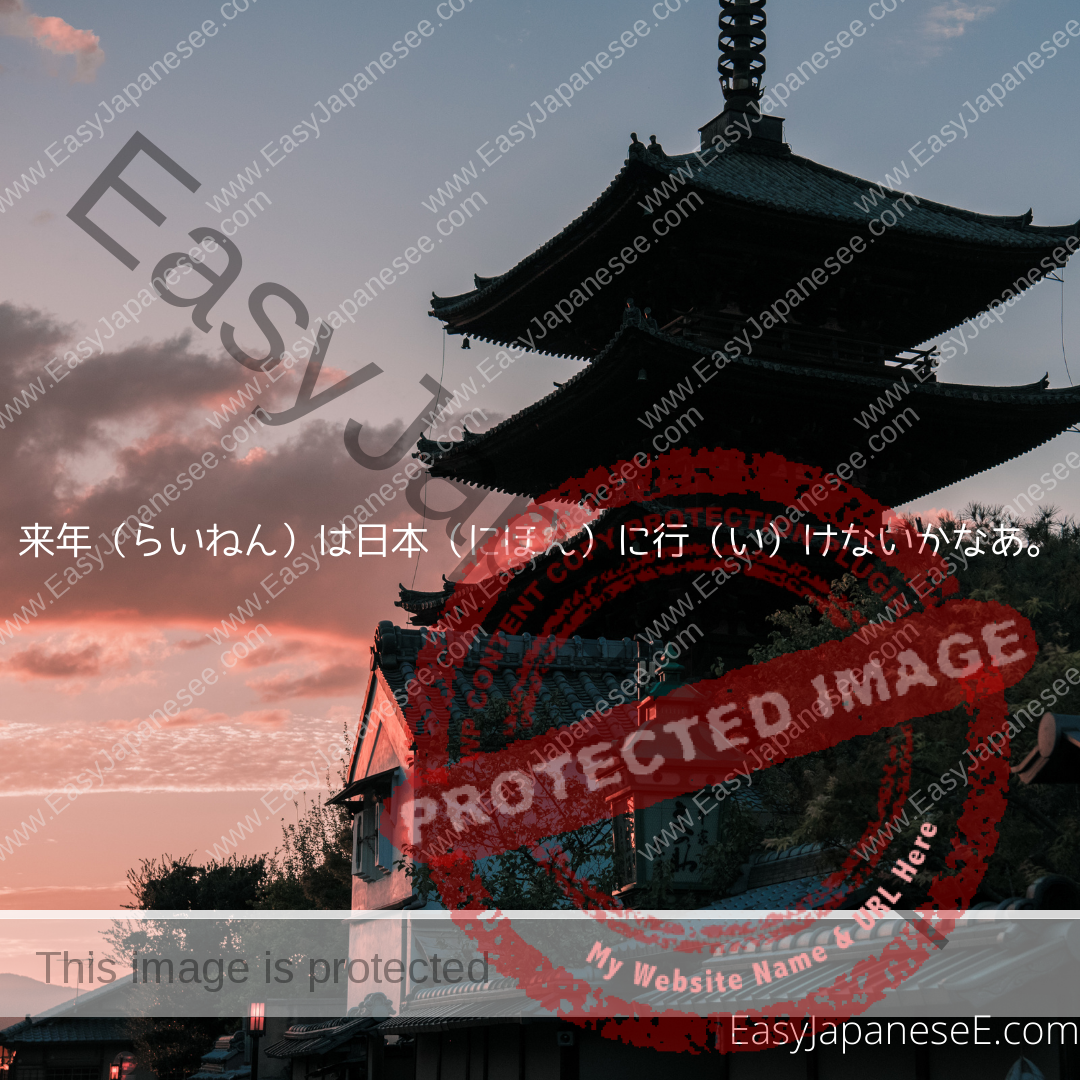
I talked about ~なあ being used to express one’s wish but some wishes are expressed in the negative form of ~ないかなあ even though I am wishing for affirmative result
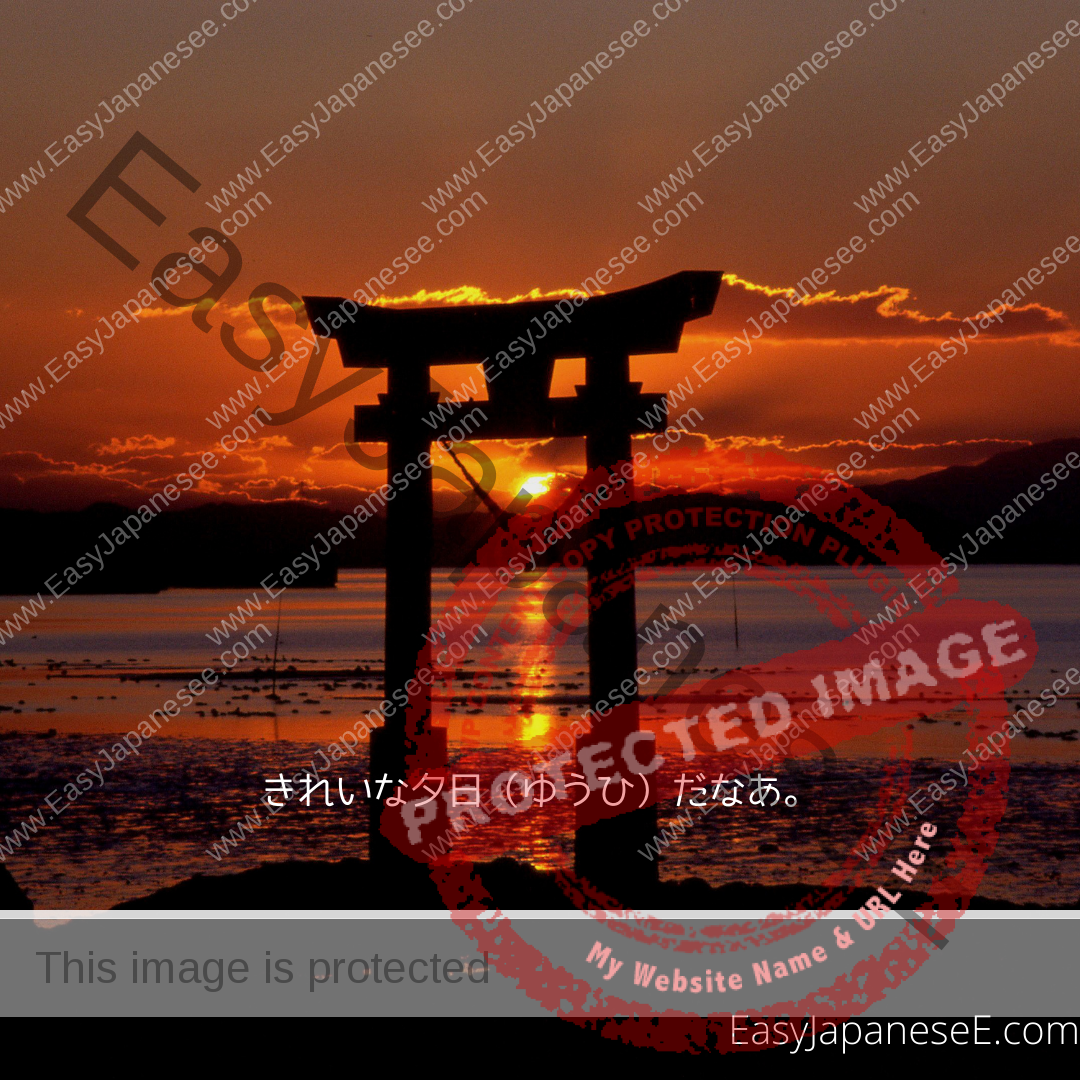
~な/~なあ is a sentence ending particle and used for softening an emotional statement, for an exclamation or to state the speaker’s wish.
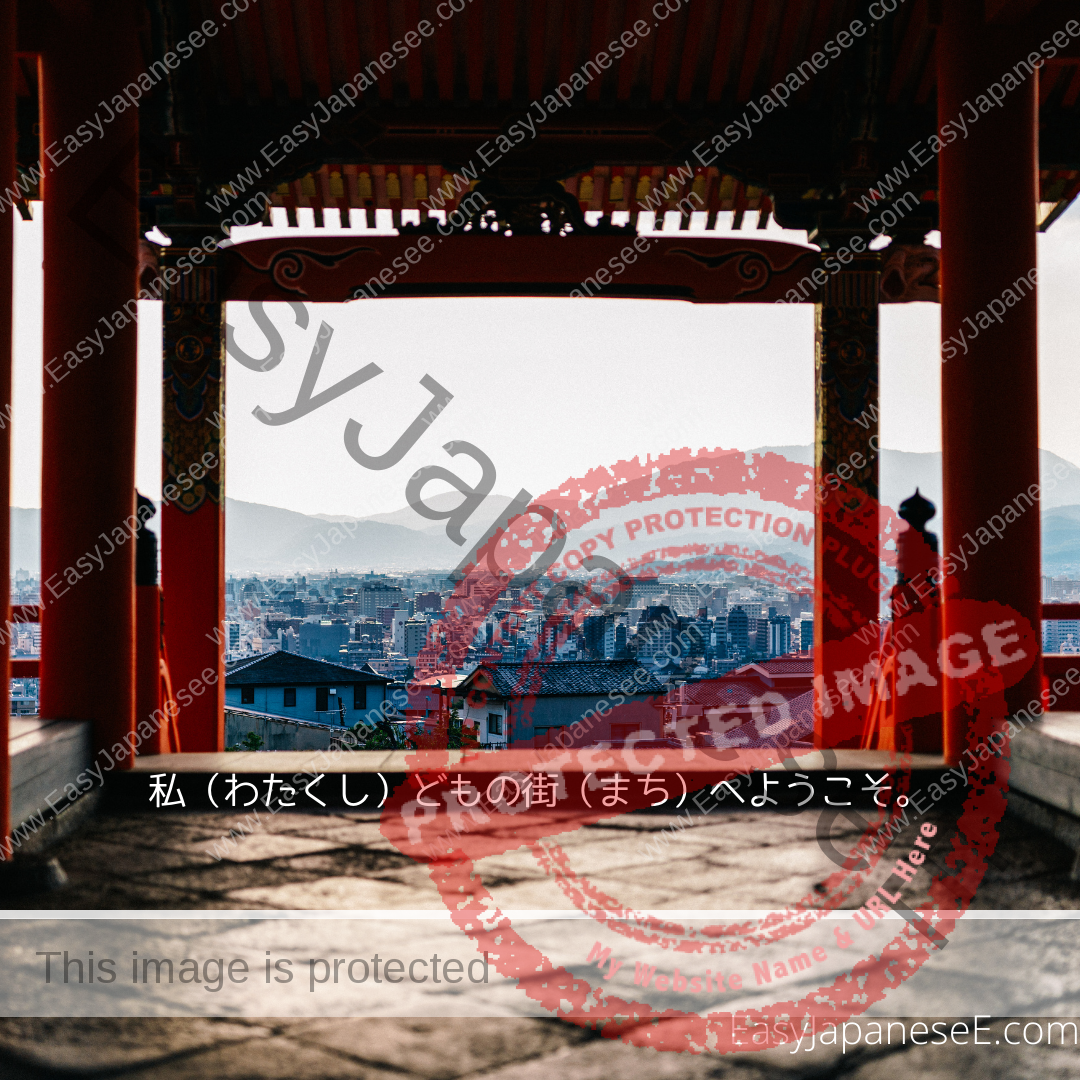
~ども is like ~たち that changes a noun into plural but ~ども sounds a bit derogatory. For that reason, ~ども can be used for our own group as a humble expression.
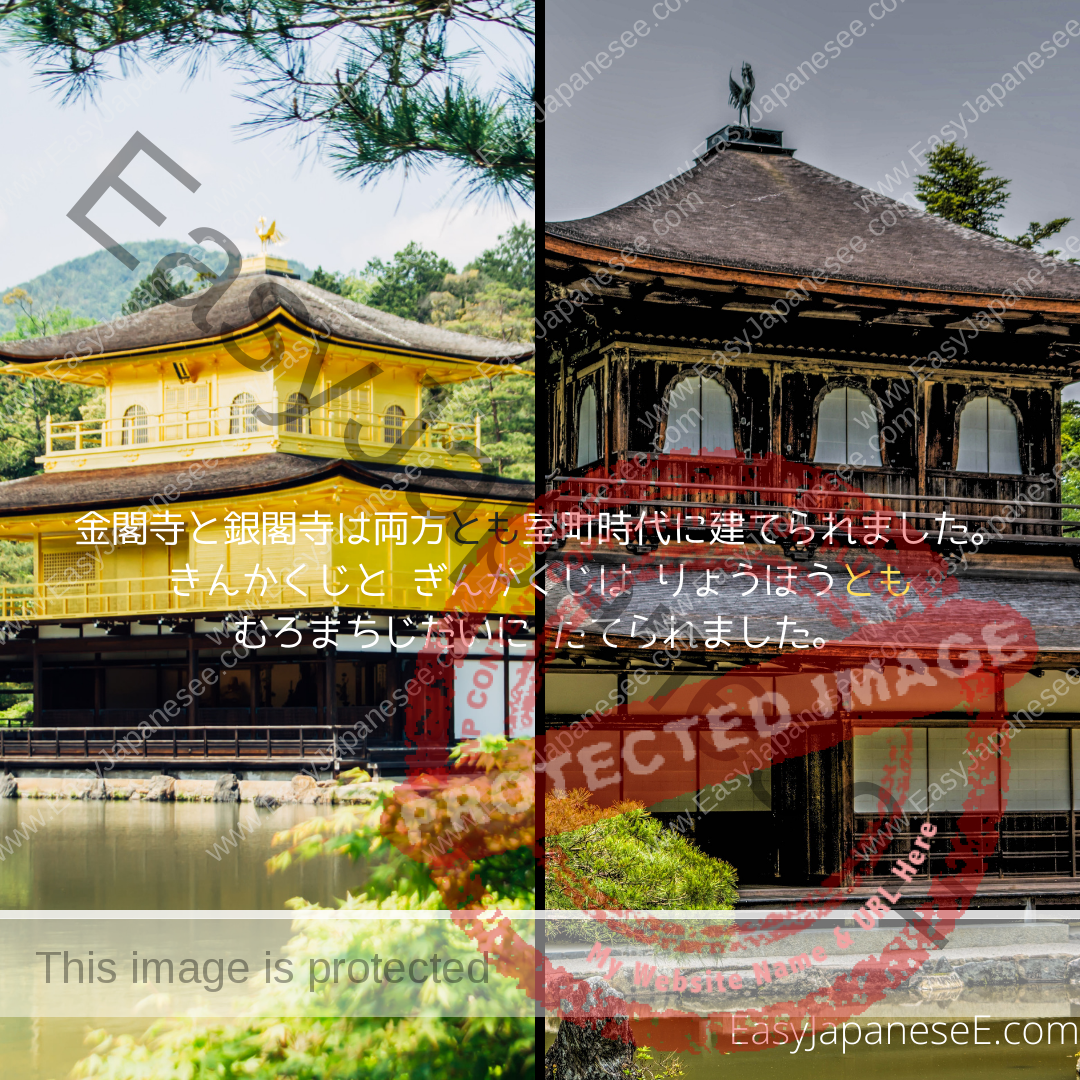
~とも has the meanings of “all ~” or “inclusive of ~.” The kanji for that is 共 but in this meaning, we usually write it in Hiragana.
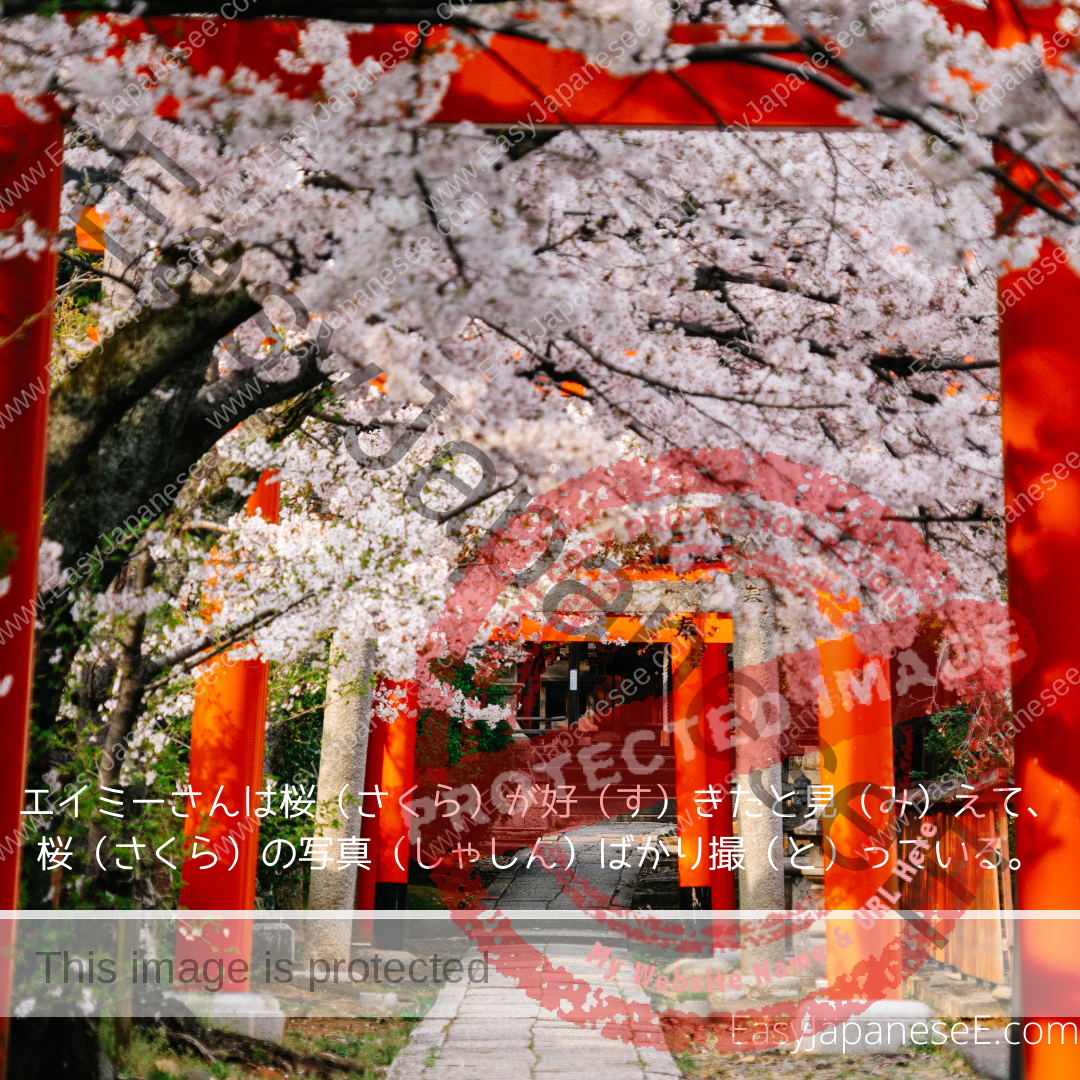
Today, I’m talking about ~とみえる which means almost the same as ~らしい. This ~とみえる follows a clause and it means “it seems ~.”
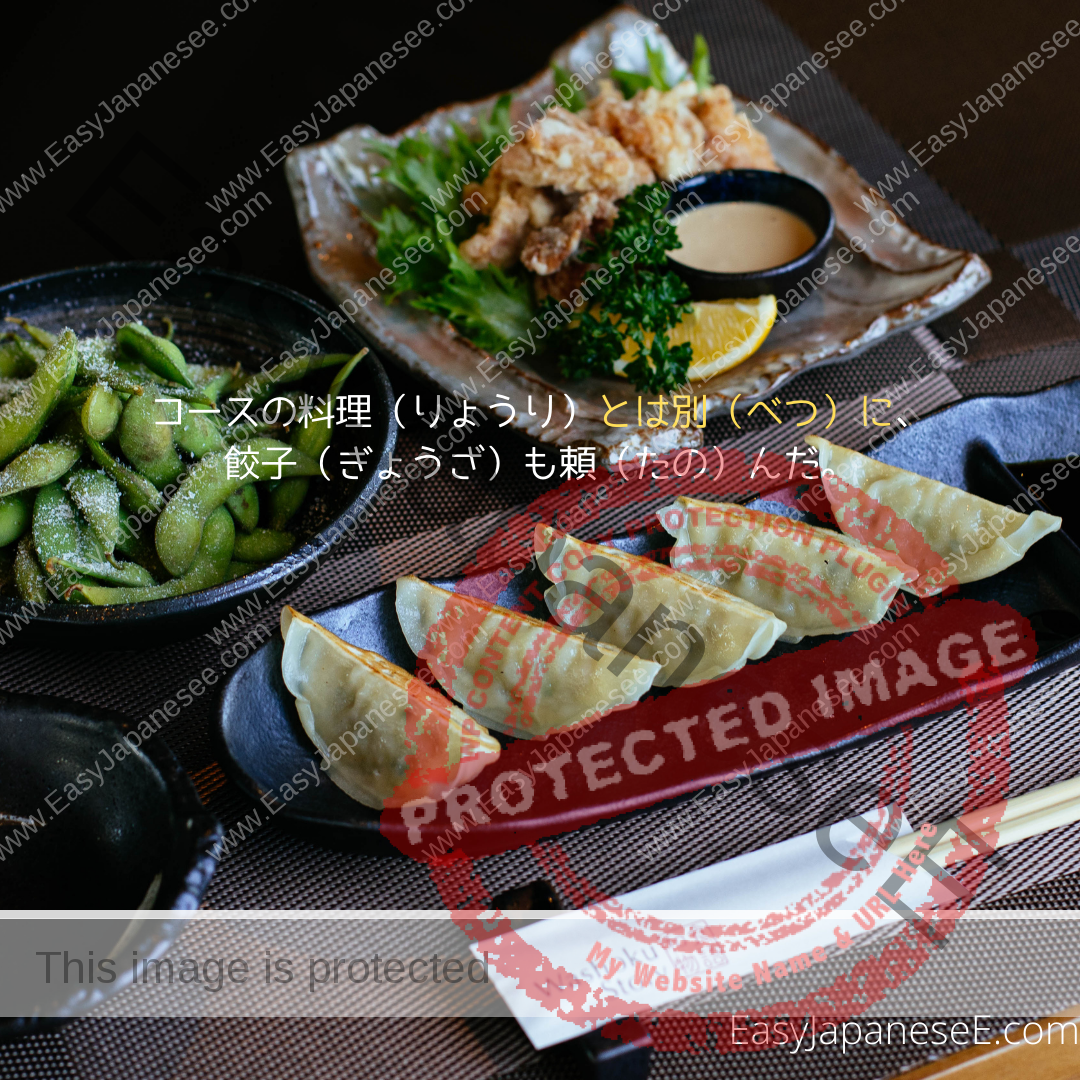
~とべつに or ~とはべつに means “apart from ~” or “separately from ~.” This は is for showing contrast, so if you use は, “apart from” part gets emphasised.
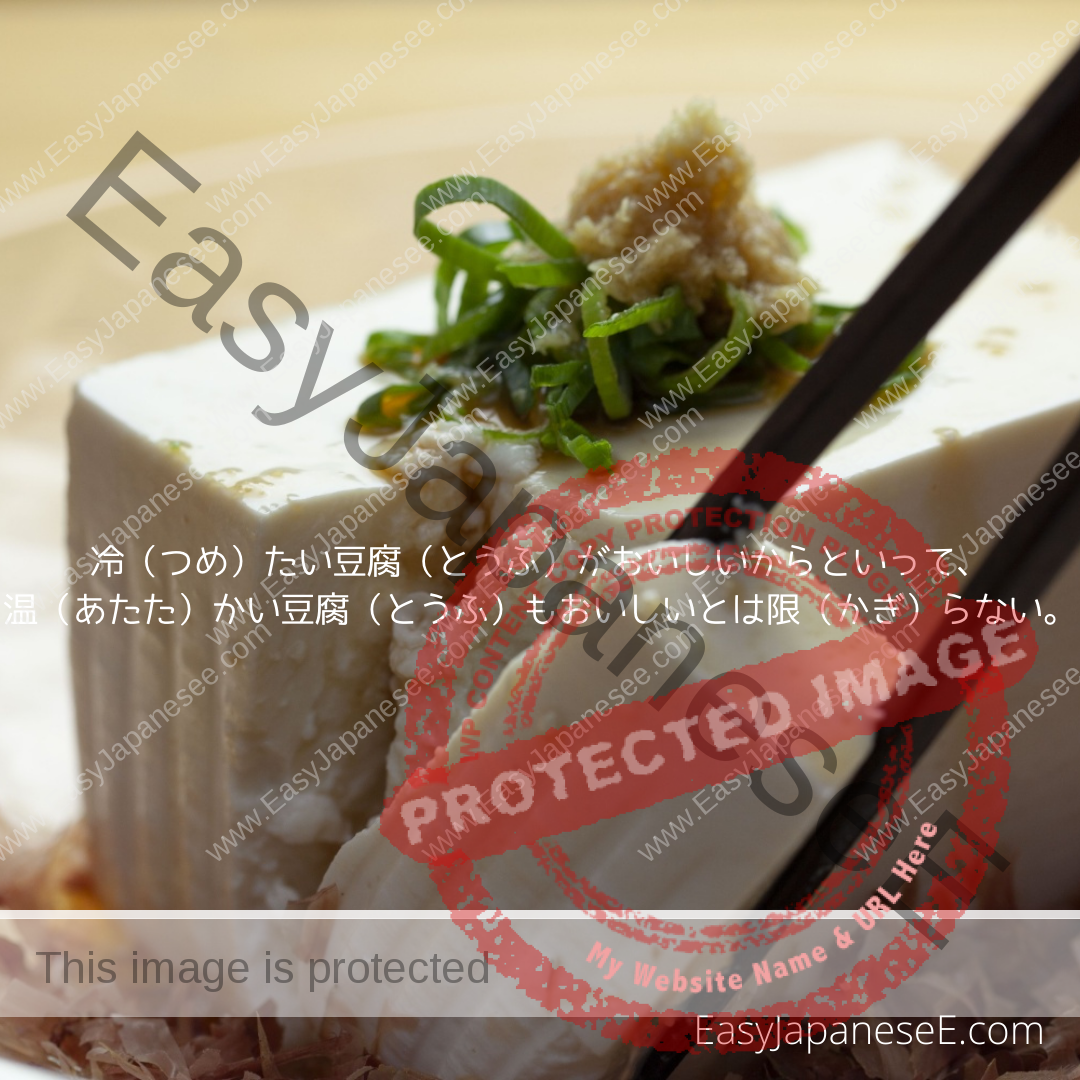
~とはかぎらない literally means “not limited to ~” and it’s used in “partial negation” which is often translated as “not always ~”, “not all are ~”, etc.
